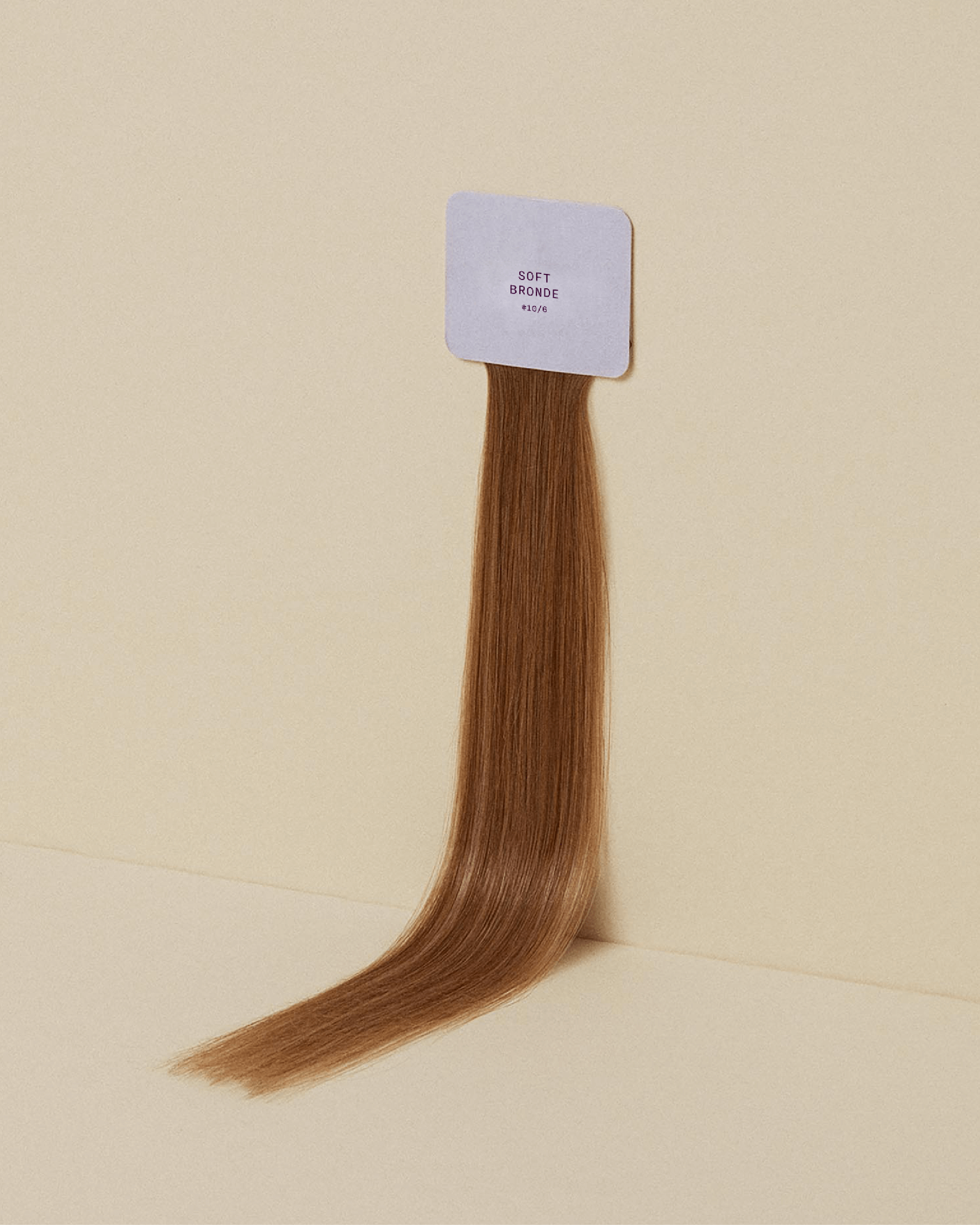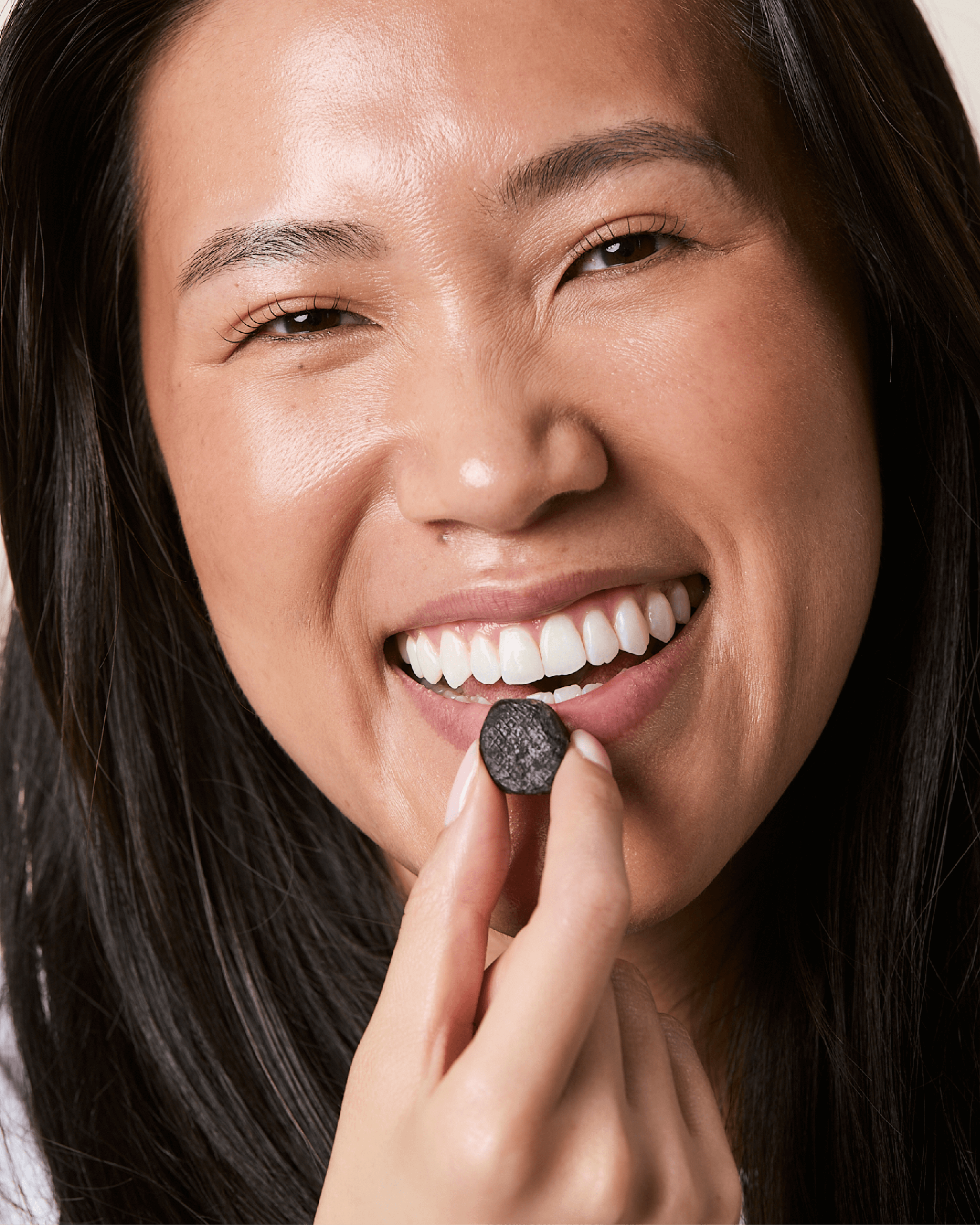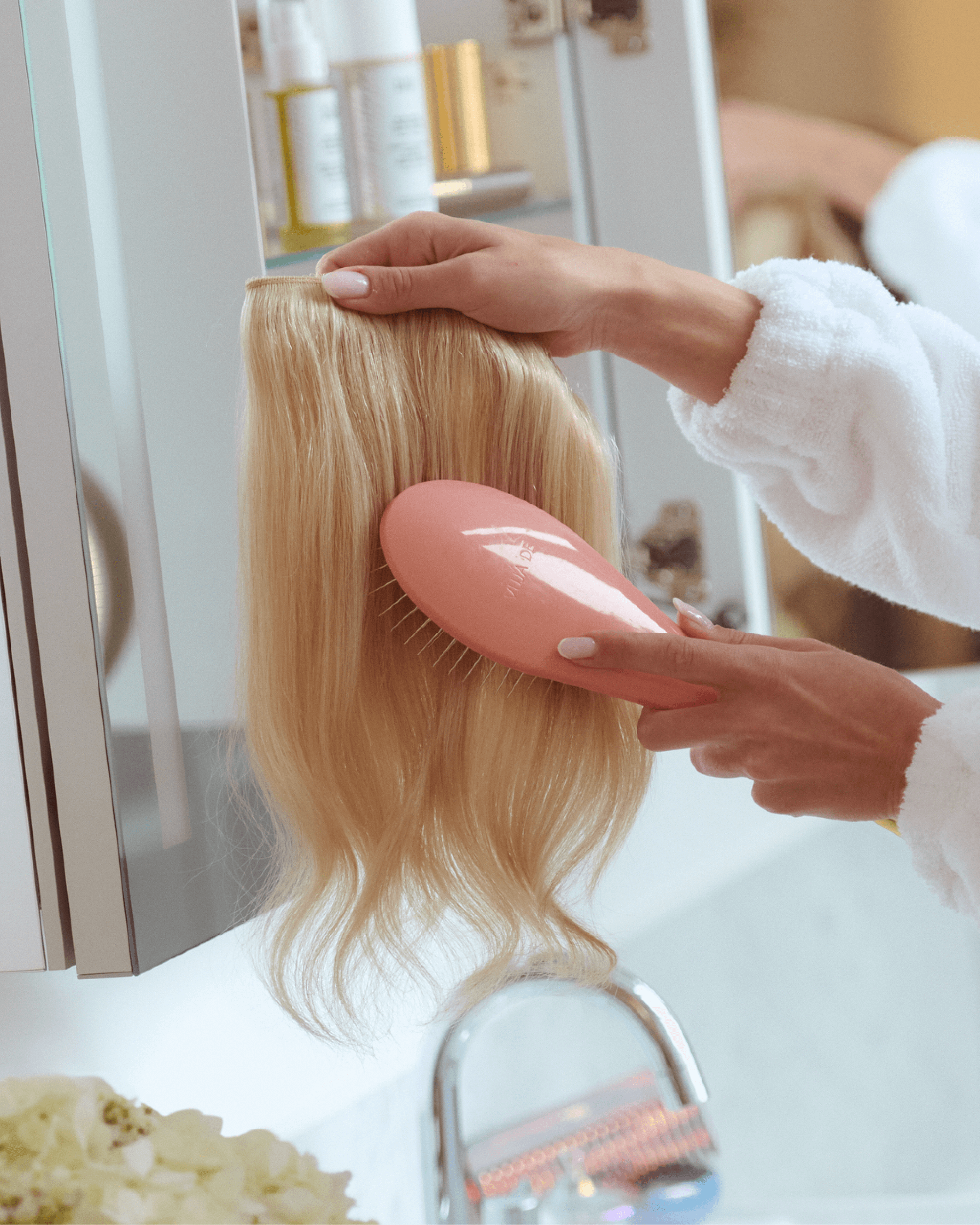Ever wondered how hard water affects your skin? And have you ever experienced frustration with how your hair and skin feel post-shower?
I know I have!
Hard water can be a real nightmare, leaving its mark on your appearance and causing endless annoyance. But fret not, because there's a solution at hand, and it starts with reading this blog.
By understanding how hard water affects your skin and hair, you can take the necessary steps to combat its detrimental impact.
How Hard Water Affects Your Skin
Have you ever considered how water can impact your skin? While we often focus on skincare products and routines, we tend to overlook the influence of the water we use daily.
Hard water, in particular, can be a hidden culprit that affects the health and appearance of our skin. So, can hard water cause skin problems? What does hard water do to your skin? Let's find out.
1. Hard Water on the Skin Strips Away Your Natural Oils
Does hard water make your skin dry?
Short answer: Yes.
Long answer: Having a lot of minerals like calcium and magnesium in hard water can harm your skin. These minerals tend to strip away the natural oils that keep your skin healthy and hydrated.
When these oils are stripped away, your skin becomes vulnerable to dryness and irritation. The hard water effects on the skin can further lead to skin irritation and increased sensitivity.
When your skin lacks moisture, it's more prone to becoming red and itchy. The barrier function of the skin is compromised, making it susceptible to external irritants.
2. Making Your Skin A Breeding Ground for Bacteria
Acne and skin rash are all signs of hard water on your skin. When your skin becomes dry due to exposure to hard water, it compensates by producing more oil.
Acne-causing bacteria such as Propionibacterium acnes thrive in the oily, suffocating environment created by excessive oil production and soap scum. As a result, breakouts, blackheads, and whiteheads become more prevalent.
The presence of acne can significantly impact your skin's health and appearance. Breakouts, blackheads, and whiteheads caused by the combination of hard water's effects can worsen existing skin concerns and trigger new ones.
3. Disrupting the Skin's pH Balance
The harsh nature of hard water can disrupt the natural pH balance of your skin, rendering it more sensitive and prone to inflammation.
A common skin ailment termed atopic dermatitis (AD) was shown to be more prevalent in those who resided in places with hard water, according to research published in 2018. When individuals in hard water areas use products such as soaps or shampoos, their skin's protective barrier becomes more easily damaged.
Furthermore, the elevated amounts of calcium and chlorine present in hard water also increase the likelihood of developing atopic dermatitis. Hard water skin irritation can be uncomfortable and frustrating if you already have pre-existing skin issues.
4. Premature Aging
Collagen is a protein crucial to the proper function and maintenance of many body systems. It helps in the growth and maintenance of muscle, skin, tendon, and ligament tissue.
Collagen has a crucial role in skincare since it helps the skin retain its elasticity, firmness, and youthful appearance. It helps the skin retain its suppleness and resilience by bolstering the skin's strength and elasticity.
Hard water contains minerals that might cause free radical generation. These minerals consist of magnesium, calcium, and iron.
Collagen strands in the skin are particularly vulnerable to the corrosive effects of free radicals. Wrinkles, sagging skin, and other telltale indications of aging can be caused by the damage or breakdown of collagen.
READ: How to Protect Hair From Hard Water
Managing the Effects of Hard Water on Skin and Hair
So, is hard water bad for your skin? Absolutely.
Does hard water cause dry skin? Yes, it does.
Minerals like calcium and magnesium found in hard water are known to cause dryness and damage to hair and skin. Mineral buildup on the skin's surface is linked to increased susceptibility to acne and dryness.
However, by implementing the right strategies, you can minimize these effects and maintain healthy and vibrant skin and hair.
1. Invest in a Water Softening System
Installing a water-softening system is one of the most effective solutions for combating the effects of hard water.
These water-softening systems remove excess minerals—calcium and magnesium ions—from the water, preventing them from depositing on your skin and hair.
Softened water is gentler and less damaging, ensuring a more nourishing and hydrating experience.
2. Hydrate and Moisturize Regularly
Maintaining adequate hydration and moisturization is essential in mitigating the dehydrating impact of hard water on the skin and hair.
Opt for moisturizers and hair conditioners that are formulated to replenish and lock in moisture.
Incorporate deeply hydrating components such as organic oils, glycerol, and hyaluronic acid to cultivate and nourish your skin and hair.
3. Use pH-Balanced Cleansers and Shampoos
Use pH-balanced shampoos and cleansers to maintain your skin and hair's natural state.
Hard water can disrupt the pH level, leading to dryness and irritation.
By using products with a balanced pH, you can help restore and protect the skin's acid mantle and the hair's natural moisture balance.
4. Incorporate Clarifying Treatments
Periodically incorporating clarifying treatments into your beauty routine can help remove mineral build-up and restore the vibrancy of your hair.
Clarifying shampoos and scalp treatments can eliminate residue and impurities caused by hard water, promoting healthier and more manageable hair.
5. Protect Your Skin and Hair
Shielding your skin and hair from the damaging effects of hard water is essential. Hot water can dry skin, so wash with lukewarm instead.
Additionally, consider using a leave-in conditioner or hair protectant spray to create a protective barrier before exposure to hard water.
Wearing a wide-brimmed hat or using UV-protective products can also safeguard your hair from the drying effects of the sun.
ALSO READ: The Hydrating DIT Hair Mask That *Actually* Nourishes Your Hair
Hard vs. Soft Water on Your Skin
Hard Water
Drinking, showering, and cooking with hard water are safe. Its only drawback? Your hair and skin.
Also, the water's chemicals and minerals prevent it from dissolving your products and dirt when showering or washing your face, leaving a film-like residue.
That residue can worsen breakouts, dryness, and irritation, especially on sensitive skin.
Soft Water
Soft water only contains de-ionized sodium (natural or treated). Just like hard water, soft water is perfect for drinking, bathing, and cooking.
And guess what? It's even more hydrating than hard water! So that's a bonus!
Did You Find This Blog Interesting? Read More!
- Slugging Skincare: Is Slugging Good For Your Skin? Also, What is That?
- Hair Hydration Treatments to Save Summer Hair
- How to Stop Scalp Itching: 5 Actually Easy Ways
Health/Medical Waiver:
The information provided on this website is not intended as medical or health advice. We do not assume any liability for errors, omissions, or inaccuracies in the content. It is your responsibility to consult with a medical or health practitioner for personalized advice. Reading and using the information on this blog does not create a doctor-patient or health practitioner-client relationship. Reliance on the information is at your own risk, and we encourage independent verification. External links are provided for additional information, but we do not endorse or take responsibility for their content. By using this blog, you agree to indemnify us from any claims or liabilities arising from your use of the information provided.
Read more
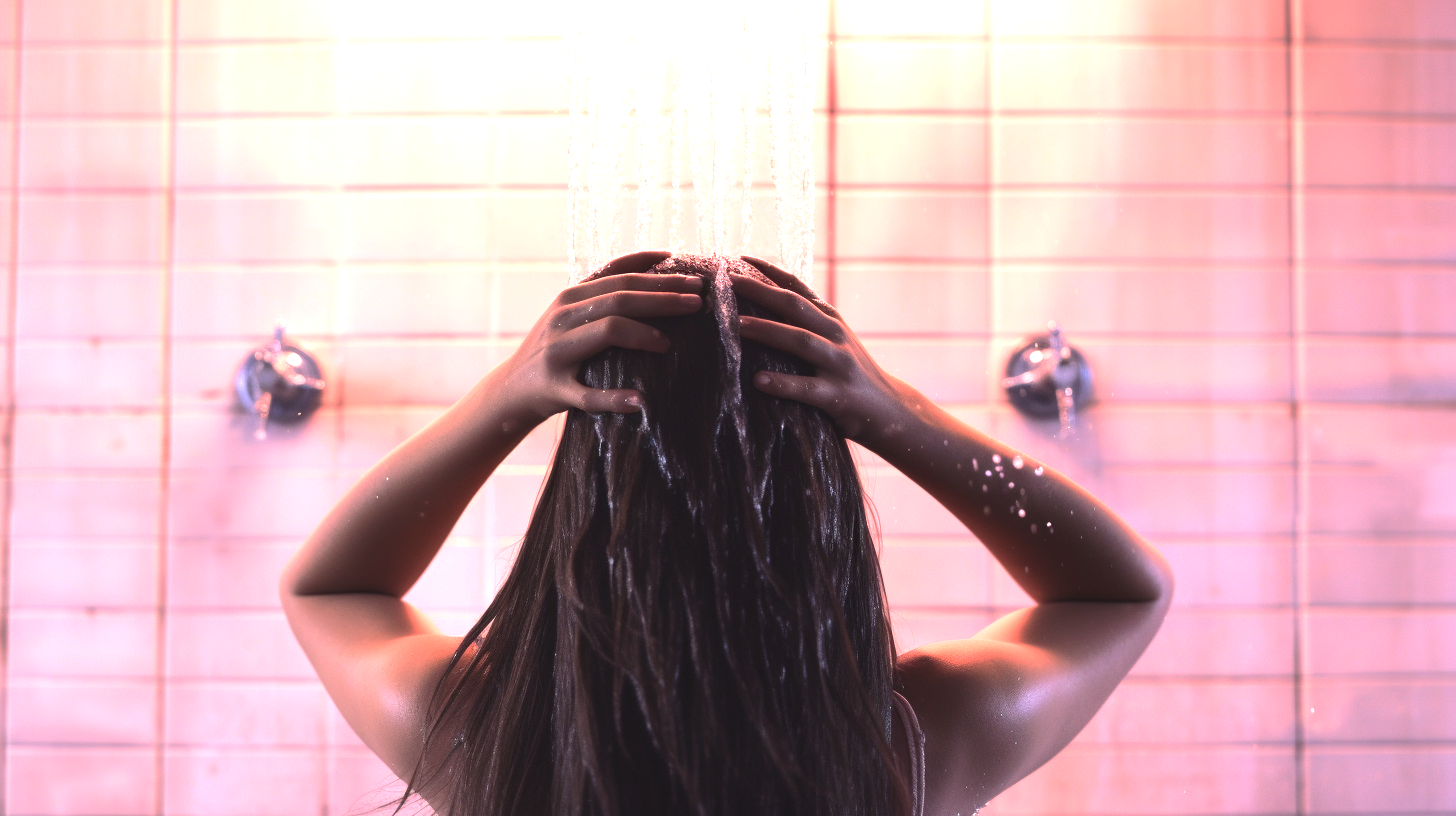
Uncover the connection between hard water and hair loss. Find solutions for healthier hair.
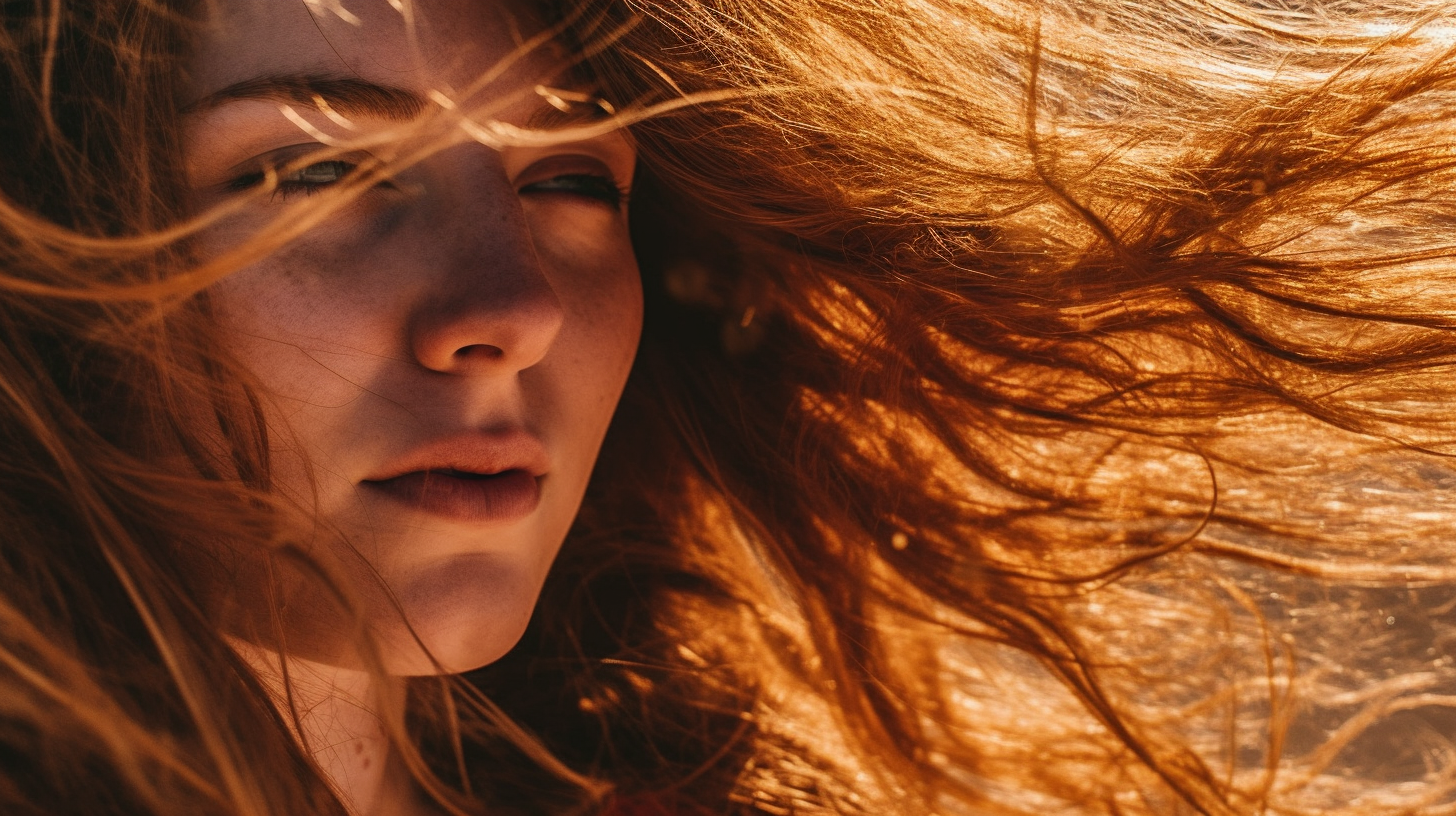
Shedding light on the effects of sun damage to hair and share some tried-and-true remedies to keep your strands shining.
